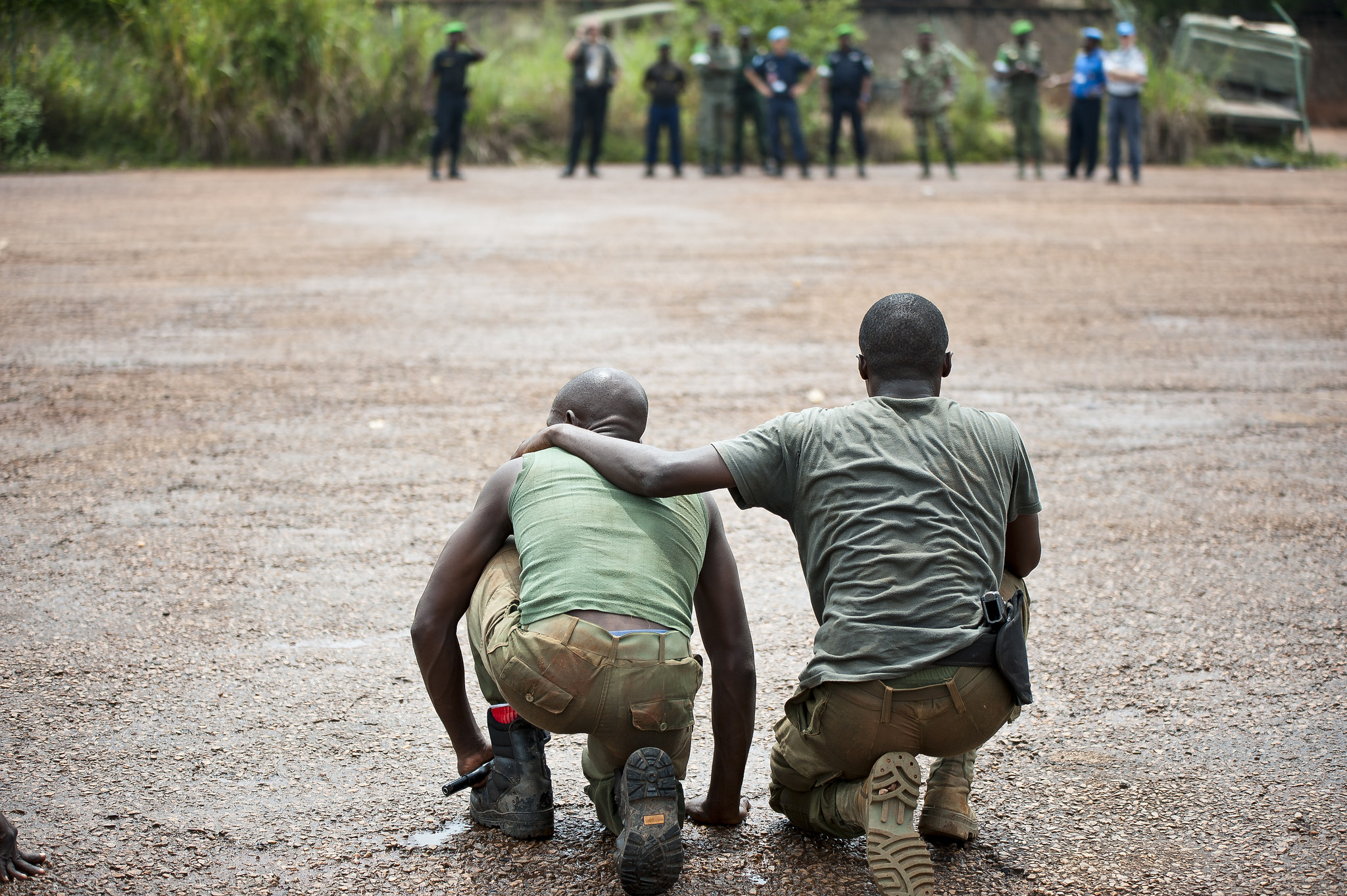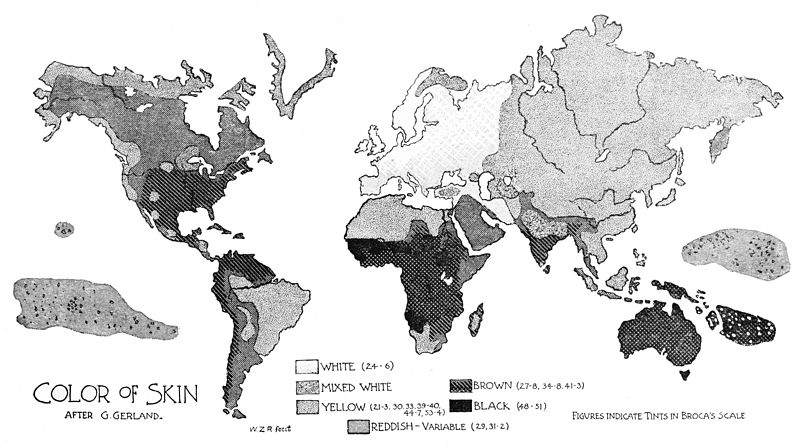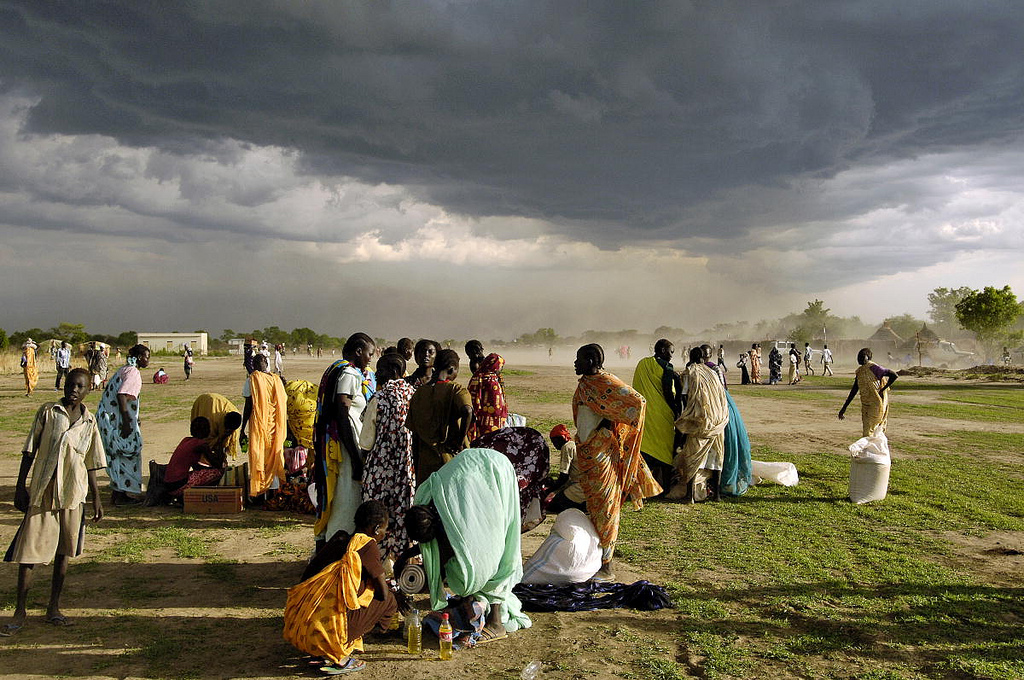Guest post by Sabrina Karim and Kyle Beardsley.
On July 24, 2014, nineteen-year-old Cynthia gave birth to her first child.[1] The father of the child does not know that he has a Liberian son. In fact, he does not even know that he got Cynthia pregnant after forcing himself on her. The father is a Nigerian peacekeeper, stationed with the Nigerian peacekeeping contingent in Monrovia, Liberia, but he left months ago. Cynthia’s father is also a Nigerian peacekeeper—she has never met him, and he also does not know that she exists.
Sadly, this story is not uncommon in Liberia, which has hosted UN and regional peacekeeping missions since the 1990s and it is not uncommon in many peacekeeping missions around the world. Just this week, a story emerged from the Central African Republic, where peacekeepers from the UN MINUSCA operation have been accused of paying for sex from girls as young as 13 at a camp for internally displaced persons. And this follows reports last year of MINUSCA peacekeepers forcing boys between the ages of 9 to 15 to perform oral sex on them.
When we think of peacekeeping missions, we often envision blue helmeted soldiers sent to conflict-ridden zones, helping those most in need. We rarely think of peacekeepers as exploiters themselves. Yet, a recent report of the UN Secretary-General concedes that sexual exploitation and abuse (SEA) by peacekeepers is a major problem in peacekeeping missions. Despite the UN’s zero tolerance policy and explicit messaging against SEA, from 2006 to 2013, the UN has reported a total of 595 allegations of SEA purportedly perpetrated by its peacekeeping personnel. Yet, this number is likely to be low, because most individuals do not report cases.
Sexual exploitation and abuse threatens the wellbeing of individuals and communities, and it undermines the legitimacy of peacekeeping missions. SEA also hinders the promotion of gender equality locally. If peacekeepers are supposed to promote gender equality, as a part of enhanced mandates that invoke UN Security Council Resolution (UNSC) 1325, then SEA significantly hampers these efforts.
There have been several empirical studies that have explained differing amounts of sexual exploitation and abuse in peacekeeping missions. Ragnhild Nordås and Siri Rustad find that SEA is more frequently reported in situations with lower levels of battle-related deaths, in larger operations, in more recent operations, the less developed the country hosting the mission, and in operations where the conflict involved high levels of sexual violence.
In our recent Journal of Peace Research article, we argue that the composition of peacekeeping forces also plays an important role in the level of sexual exploitation and abuse. SEA can arise from both an aggressive form of masculinity that is privileged in militaries (militarized masculinity) and socialized beliefs about male dominance in society (patriarchy). That is, peacekeepers are prone to abuse local populations in part because security institutions often cultivate a form of hyper masculinity that, among other things, is associated with sexual dominance, and in part because of widespread beliefs by many security personnel that women are subordinate to the needs of men.
If a part of the problem is thus due to learned and socialized behavior, then two policy levers may reduce the amount of sexual exploitation and abuse in missions: an increase in the representation of female peacekeeping personnel or an increase in the representation of soldiers that hold more gender equal beliefs. Female peacekeepers may be less likely to engage in SEA, or as some have suggested, they may serve as a deterrent, preventing their male colleagues from engaging in the behavior. Peacekeepers that come from countries with better records of gender equality may hold values that are more in line with treating women as their equal instead of potential sources of exploitation.
We examine the number of sexual exploitation and abuse allegations across missions and across years, from 2009 to 2013. Our results provide strong and consistent support for the argument that contingents from countries with better records of gender equality—especially when defined in terms of visibility, such as the participation of women in the labor force and the participation of girls in primary school—experience lower levels of military SEA allegations. Peacekeeping missions consisting of higher proportions of troops that were socialized in countries where women and girls have relatively poor access to employment and education are more prone to experience allegations of SEA.
While informative, it is important to recognize that these are average effects and that peacekeepers from countries with relatively strong records on gender equality can still be accused of SEA. Indeed, while France has relatively strong norms of gender equality, French peacekeepers are at the heart of the widely reported violations by MINUSCA in the Central African Republic. All contributing countries have work to do towards reducing the propensity for their peacekeepers to abuse local populations.
There is some, albeit weaker, evidence that missions with higher proportions of women have reduced levels of sexual exploitation and abuse. We should not be surprised that the representation of female personnel does not have a stronger observed relationship given that there are very few female peacekeepers in missions. It is also not surprising because female peacekeepers may not be able to observe SEA offenses and may not be more likely to report them even if they did. Perhaps more importantly, even if a greater representation of women can reduce SEA, a policy that displaces the burden of solving a problem onto the shoulders of a minority group is likely to have limited efficacy in addressing the fundamental roots of the problem.
Gender equality is a value that both women and men can hold, and increases in the extent to which it is held by mission personnel may reduce some of the pernicious manifestations of militarized masculinity and patriarchy, such as sexual exploitation and abuse. Based on our findings, as policy recommendations, we emphasize the importance of getting the recruitment process right. Potential recruits should be evaluated based on their values for gender equality. Currently, there are several requirements for individuals to join peacekeeping missions including being able to drive, use a computer, and achieving certain rank. In addition, a basic test on gender equality may prove effective.
Rigorous training and gender mainstreaming are also important pieces of a strategy to reduce sexual exploitation and abuse by peacekeepers, and we advocate for the UN to continue to step up its efforts in these respects. Together, these policy changes have the potential to reduce SEA in peacekeeping missions and therefore attenuate one of the more pernicious negative externalities that arise out of peacekeeping missions.
Sabrina Karim will start as an assistant professor in the Government Department at Cornell University in the fall of 2016. She is currently a PhD candidate at Emory University. Kyle Beardsley is an associate professor in the Department of Political Science at Duke University and author of The Mediation Dilemma. Together, they are co-authors of a forthcoming book with Oxford University Press entitled Equal Opportunity Peacekeeping.
[1] The story comes from interviews done in Liberia in July 2014. Names have been changed to protect privacy.





1 comment